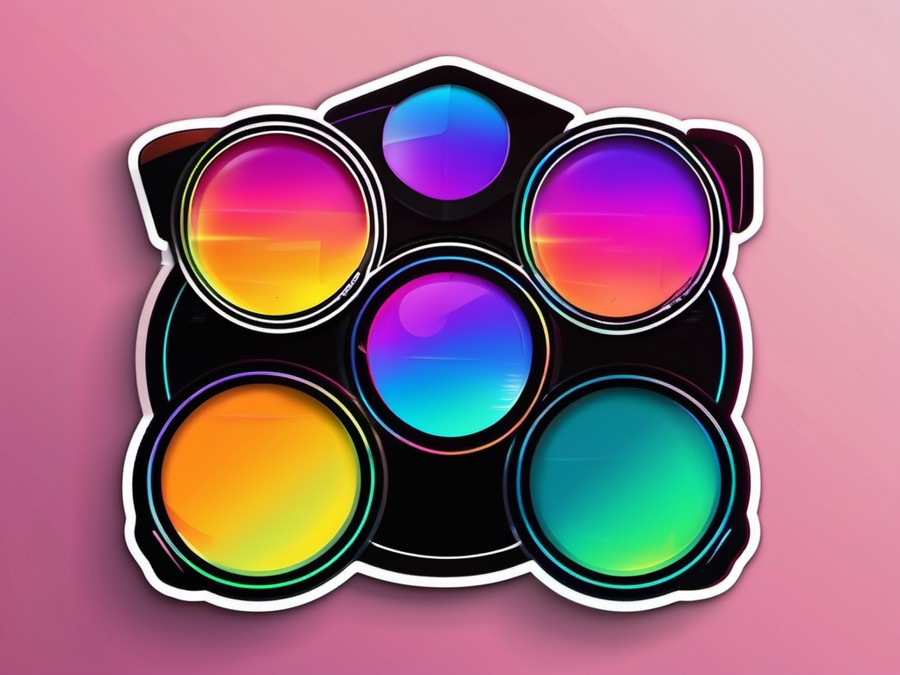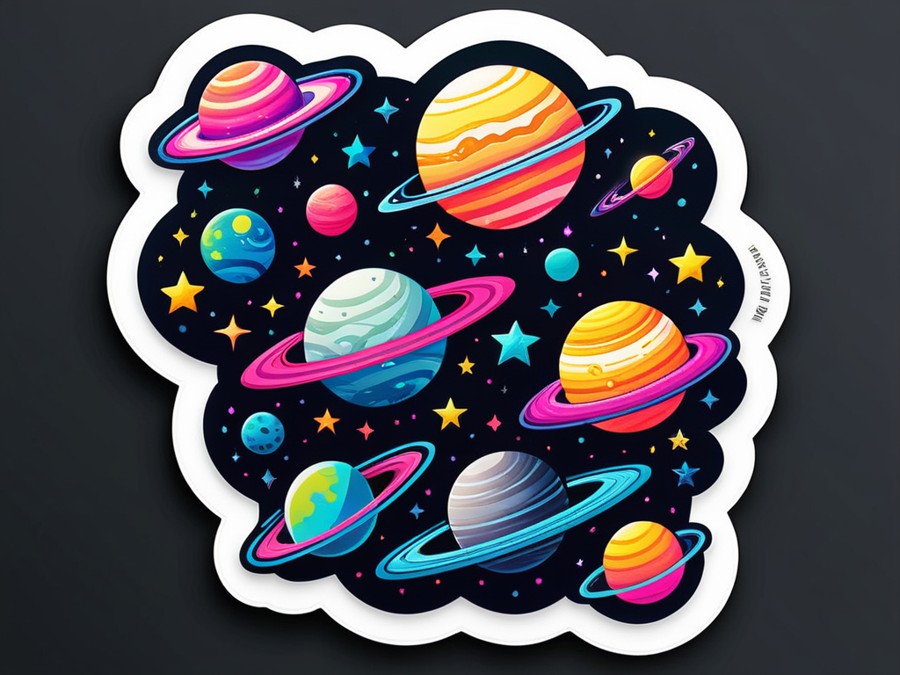· Charlotte Will · Camcorder Lenses · 7 min read
What is a Zoom Lens for Camcorders?
Discover the power of zoom lenses for camcorders, their types, features to consider, and how to choose the best one for your needs. Enhance your video capabilities with this comprehensive guide.

Ever wondered what makes it possible to zoom in on faraway objects while filming? Enter the zoom lens—a powerful tool that enhances your camcorder’s versatility. In this article, we’ll delve into the mechanics of zoom lenses and why they are indispensable for capturing a wide range of shots.
Understanding the Basics of Zoom Lenses
What is a Zoom Lens?
Zoom lenses, as the name suggests, are designed to allow you to zoom in on subjects. This capability is achieved by adjusting the focal length—the distance between the lens and the image sensor. By altering this distance, you can achieve different magnifications, making it possible to shoot both close-up and distant subjects without swapping lenses.
How Does a Zoom Lens Work?
Zoom lenses work on the principle of changing focal lengths. Inside a zoom lens, there are groups of elements that move closer or further apart to change the focal length, thereby altering the magnification. This movement is typically controlled via a zoom ring that you manually twist or, in more advanced camcorders, electronically through a button or lever.
Types of Zoom Lenses for Camcorders
Fixed vs. Variable Aperture Zoom Lenses
Fixed Aperture
- Pros: Offer consistent brightness across the zoom range, making them ideal for low-light conditions.
- Cons: Generally larger and heavier due to their complex design, which can be a downside if portability is crucial.
Variable Aperture
- Pros: More compact and lightweight, making them easier to handle.
- Cons: The aperture changes as you zoom, which can affect exposure consistency.
Wide-Angle Zoom Lenses
Wide-angle zoom lenses are perfect for capturing expansive scenes. Their short focal lengths allow you to include more of the background, making them ideal for landscapes and group shots.
Telephoto Zoom Lenses
For those distant subjects that you can’t get close to, telephoto zoom lenses are a game-changer. They offer longer focal lengths, enabling you to capture subjects from far away without compromising on detail.
Key Features to Consider in a Zoom Lens for Camcorders
Focal Length
The focal length determines the lens’s field of view and magnification. A shorter focal length means a wider angle, perfect for close-ups or landscapes. Longer focal lengths are great for zooming in on distant objects.
Optical Zoom vs. Digital Zoom
Optical Zoom
- How it works: Optical zoom physically moves the lens elements to change the focal length.
- Benefits: Preserves image quality because it uses actual glass elements to zoom in.
Digital Zoom
- How it works: Digital zoom crops the image and then enlarges the center portion, effectively simulating a closer view.
- Drawbacks: Can lead to pixelation and loss of image quality, as it’s just magnifying the existing pixels.
Image Stabilization
Image stabilization, often abbreviated as IS, is a feature that helps reduce camera shake, ensuring smoother and steadier footage. This is especially useful when you’re shooting handheld or in low-light conditions where camera movement can be more pronounced.
Aperture
The aperture controls the amount of light that reaches your camera’s sensor. A larger aperture (smaller f-number) lets in more light, which is ideal for low-light situations. A smaller aperture (larger f-number) results in a deeper depth of field, keeping both foreground and background subjects in focus.
Benefits of Using a Zoom Lens on Your Camcorder
Versatility in Shooting
Zoom lenses are incredibly versatile. Whether you’re filming a close-up portrait or capturing a vast landscape, a zoom lens adapts to various shooting scenarios. This versatility saves you time and effort, as you don’t need to switch lenses for different shots.
Time and Efficiency
With a zoom lens, you can quickly adjust the focal length to frame your shot perfectly. No more swapping lenses or missing crucial moments because you’re fumbling with gear.
Creative Control
Zoom lenses give you creative control over your shots. You can start with a wide-angle shot to establish the scene and then zoom in for a closer look, adding depth and storytelling elements to your videos.
How to Choose the Best Zoom Lens for Your Camcorder
Assessing Your Needs
First, consider your shooting style. Are you primarily filming landscapes or portraits? Knowing what you’ll be shooting most often will help you choose the right lens.
Budget Considerations
Zoom lenses come in various price ranges. Determine your budget and look for a lens that offers the best balance of features and quality within your price range.
Compatibility
Ensure the lens is compatible with your camcorder model. Most lenses will list compatible models, making it easier to find the right fit.
Popular Zoom Lenses for Camcorders
Canon Zoom Lenses
Canon offers a range of zoom lenses that are popular among both professionals and enthusiasts. Lenses like the Canon EF-S 18-135mm are known for their versatility and image quality.
Sony Zoom Lenses
Sony’s zoom lenses, such as the Sony 18-105mm f/4 G PZ OSS, are renowned for their smooth performance and excellent optics. These lenses excel in both photo and video applications.
Panasonic Zoom Lenses
For those using Panasonic camcorders, lenses like the Panasonic Leica DG Vario-Elmar 100-400mm are highly praised for their robust build and outstanding image quality.
Common Misconceptions About Zoom Lenses
Quality vs. Cost Myth
It’s a common myth that expensive zoom lenses are always better. While pricier lenses often offer superior build quality and additional features, there are plenty of budget-friendly zoom lenses that provide excellent performance.
Zoom Lens vs. Prime Lens
Many people believe that prime lenses (fixed focal length) are always superior to zoom lenses in terms of image quality. While prime lenses can offer better optical performance, modern zoom lenses have closed this gap significantly.
Care and Maintenance of Zoom Lenses
Cleaning Your Zoom Lens
Regularly cleaning your zoom lens is essential for maintaining image quality. Use a soft, lint-free cloth and appropriate cleaning solution to keep the lens free from dust and smudges.
Storing Your Zoom Lens
Proper storage is crucial for the longevity of your zoom lens. Keep it in a cool, dry place and use the protective cap to shield it from dust and scratches.
Conclusion
A zoom lens for your camcorder is more than just a convenience—it’s a powerful tool that can dramatically enhance your video production capabilities. By understanding the types of zoom lenses, key features to consider, and how to choose the best one for your needs, you’ll be well on your way to capturing stunning footage. Whether you’re a professional videographer or an enthusiastic hobbyist, investing in a quality zoom lens can make all the difference in your video projects.
FAQs
What is the difference between optical and digital zoom?
- Optical zoom uses physical lens elements to zoom in, preserving image quality. Digital zoom simulates a closer view by cropping the image and enlarging it, which can result in pixelation.
How does aperture affect my shots with a zoom lens?
- Aperture controls the amount of light reaching your camera’s sensor. A larger aperture (smaller f-number) lets in more light, ideal for low-light conditions, while a smaller aperture (larger f-number) creates a deeper depth of field.
Is it worth investing in a high-quality zoom lens for my camcorder?
- Yes, a high-quality zoom lens can significantly improve the versatility and quality of your footage. Look for lenses that offer features like image stabilization, good low-light performance, and smooth zooming mechanisms.
What should I look for when choosing a zoom lens for my specific camcorder model?
- Consider compatibility, focal range, aperture size, image stabilization features, and reviews from other users with the same camcorder model.
How can I maintain the quality and performance of my zoom lens over time?
- Regularly clean your lens using a soft cloth and appropriate cleaning solution. Store it properly in a cool, dry place with the protective cap on to prevent dust and scratches. Proper care will ensure your zoom lens maintains its performance over time.
For more information on lenses and their applications, you can refer to What is a Macro Lens for Camcorders?, What is a Telephoto Lens for Camcorders?, What is a Prime Lens for Camcorders?, What is a Wide-Angle Lens for Camcorders?, and What is the Role of Camera Lens Filters in Photography? for further insights.




